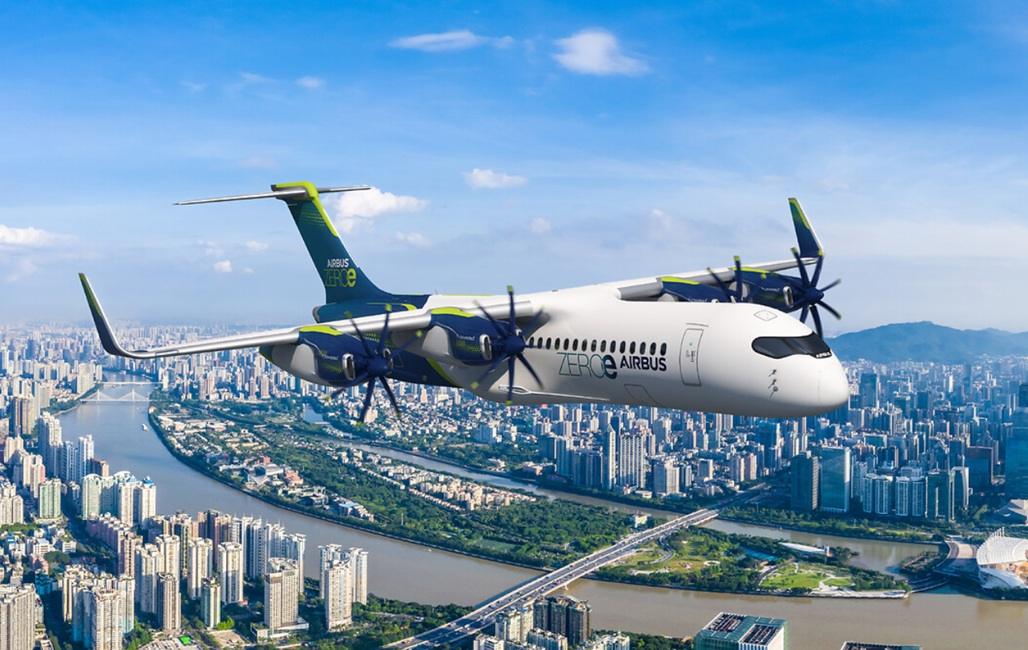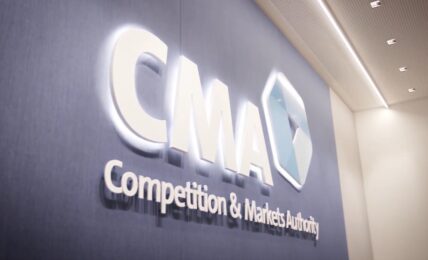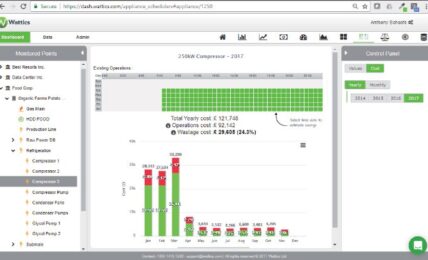
Aerospace giant Airbus stated that it has “reconfirmed its commitment” to develop a commercially viable hydrogen aircraft, and selected fuel cell technology from a series of methods explored as the propulsion method for the new aircraft.
The announcement, made at the company’s 2025 Airbus Summit, comes shortly after Airbus revealed that it had delayed its plans to develop a hydrogen-powered aircraft by 2035 due to slower than anticipated development of the hydrogen ecosystem and technologies.
Bruno Fichefeux, Airbus Head of Future Programmes, said:
“Hydrogen is at the heart of our commitment to decarbonise aviation. While we’ve adjusted our roadmap, our dedication to hydrogen-powered flight is unwavering. Just as we saw in the automotive sector, fully electric aircraft powered by hydrogen fuel cells have the potential in the longer term to revolutionise air transport for the better, complementing the sustainable aviation fuel pathway.”
The aviation industry accounts for approximately 2-3% of global greenhouse gas (GHG) emissions, with that figure potentially rising dramatically over the coming decades if no action is taken. Several initiatives are being pursued in order to address the climate impact of the industry, typically involving efforts to improve aircraft efficiency, develop sustainable aviation fuels (SAF), or create aircraft utilizing low or zero carbon propulsion systems such as electric or hydrogen-based.
While many initiatives are currently targeting areas allowing for more rapid sector decarbonization, such as electrified propulsion or SAF, hydrogen is viewed by some in the industry as a more promising long-term solution, given its potential to be produced through carbon-free methods, and its energy attributes, containing significantly more energy per weight than jet fuel.
Airbus had previously announced a goal to develop the world’s first zero-emission commercial aircraft by 2035, stating that it had identified hydrogen as one of the most promising zero-emissions solutions, as it emits no carbon dioxide when generated from renewable energy, with water being its most significant by-products.
The company launched its ZEROe program in 2020, exploring the feasibility of hydrogen propulsion technologies, based on either hydrogen combustion and hydrogen fuel cells. While not ruling out future investments into hydrogen combustion, Airbus said that it has selected hydrogen fuel cell technology as the propulsion method for its future aircraft, following the results of the fuel cell prototype and powertrain testing, as well as research into complementary technology such as cryogenics, which supported the viability of the technology.
The new aircraft will feature an electric propeller propulsion system powered by hydrogen fuel cells that convert hydrogen and oxygen into electrical energy through a chemical reaction, producing only water as a byproduct. The aircraft will be powered by four, 2-megawatt electric propulsion engines, each driven by a fuel cell system, and supplied by liquid hydrogen tanks.
Glenn Llewellyn, Airbus Head of the ZEROe Project, said:
“Over the last five years, we have explored multiple hydrogen-propulsion concepts, before down-selecting this fully electric concept. We are confident it could provide the necessary power density for a hydrogen-powered commercial aircraft and could evolve as we mature the technology. In the coming years, we will concentrate on advancing the storage, distribution and propulsion systems, while also advocating for the regulatory framework needed to ensure these aircraft can take flight.”



